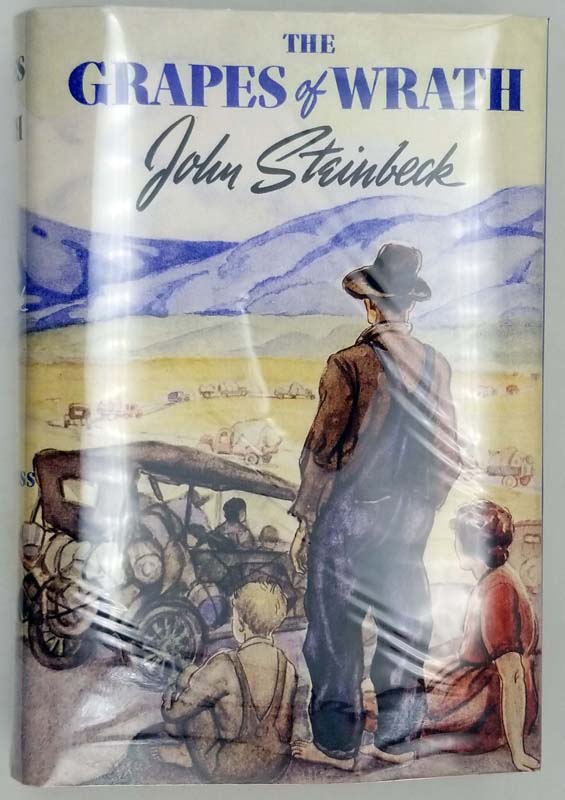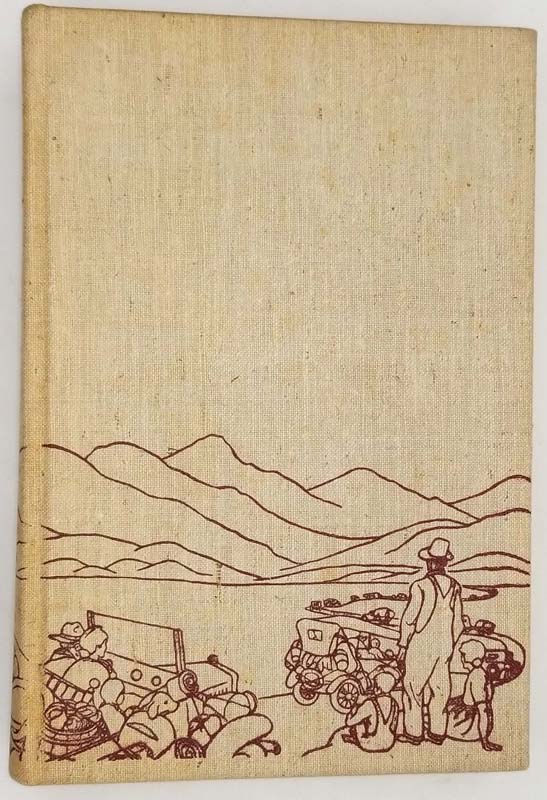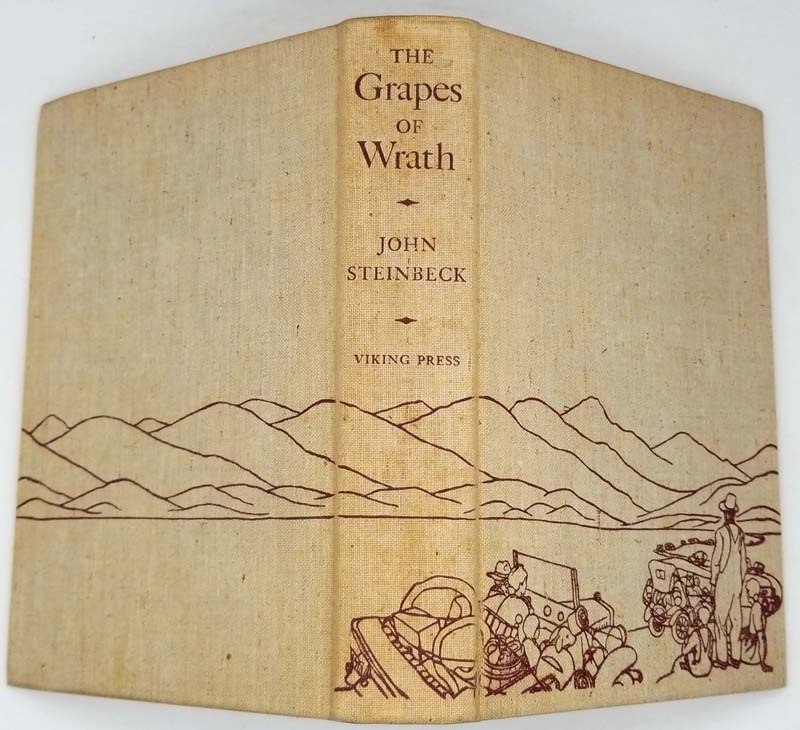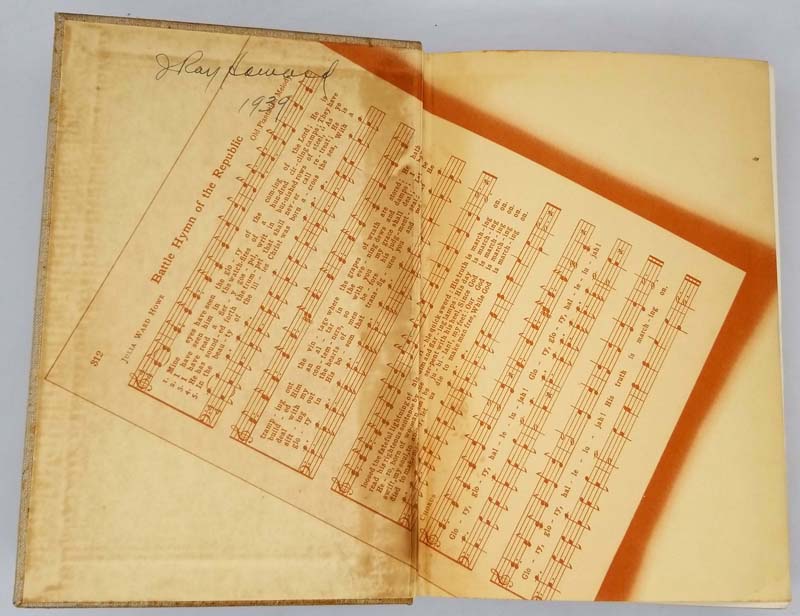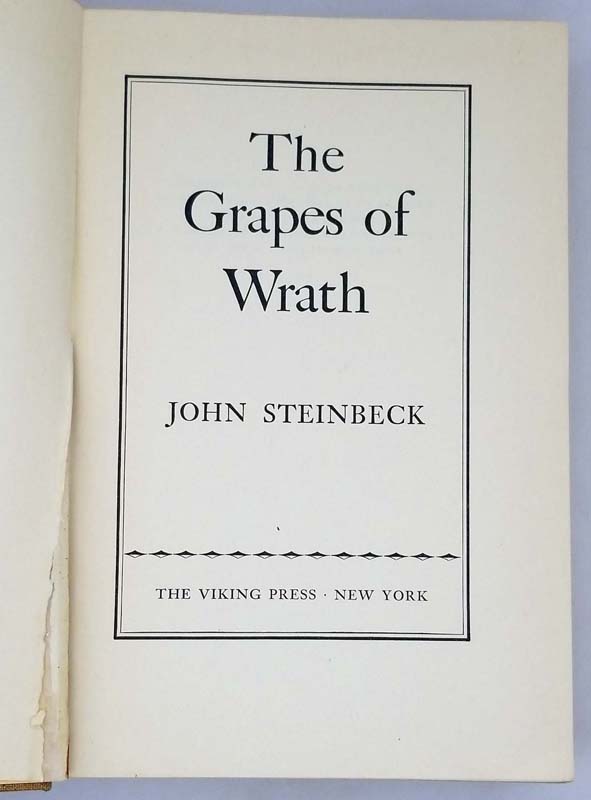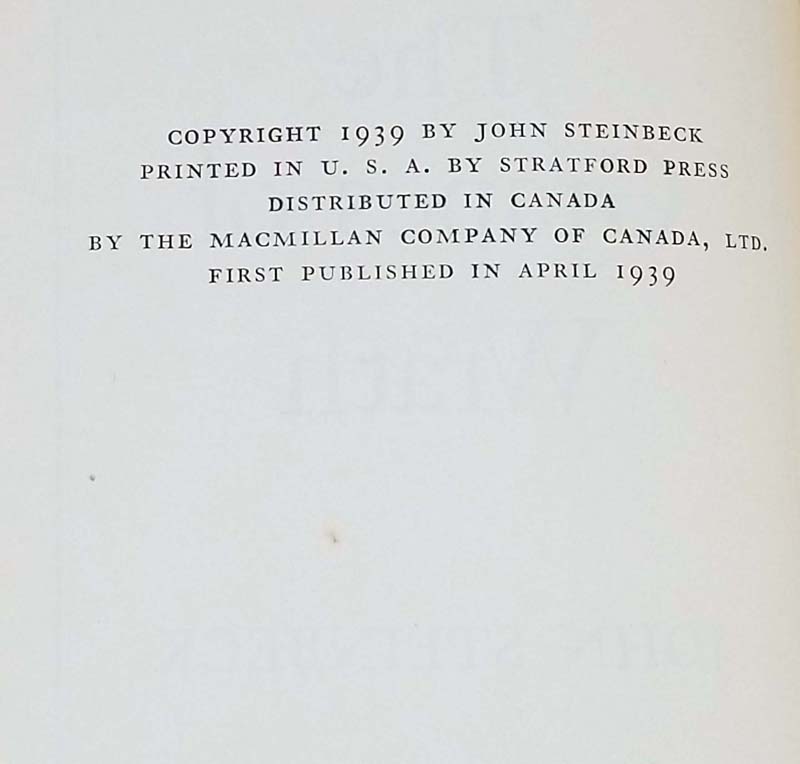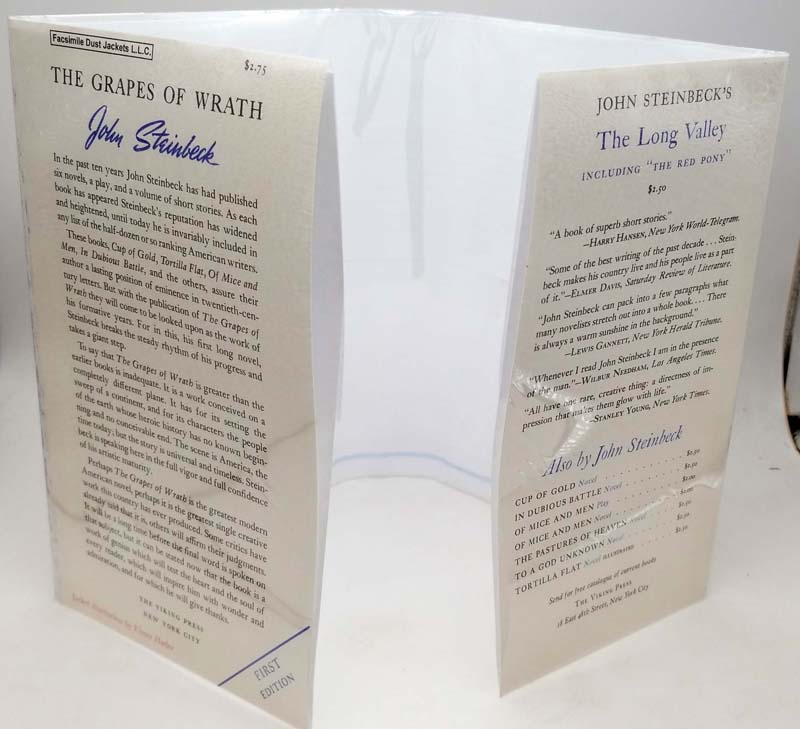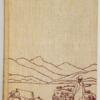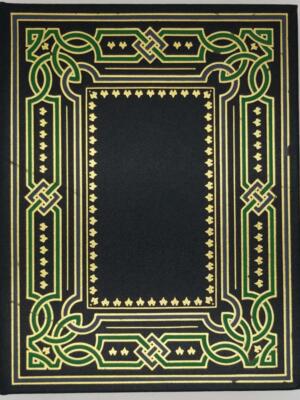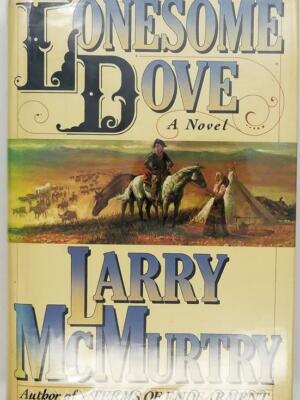The Grapes of Wrath (1939) by John Steinbeck is a towering masterpiece of American literature, a raw and compassionate chronicle of the Great Depression’s human toll. The novel follows the Joad family, tenant farmers driven from their Oklahoma home by Dust Bowl devastation and bank foreclosures. Packed into a dilapidated truck, they join the exodus of “Okies” migrating west to California, lured by promises of work but met instead with exploitation, hunger, and violent prejudice.
Steinbeck’s narrative alternates between the Joads’ intimate struggles—embodied by Tom Joad’s moral awakening and Ma Joad’s fierce resilience—and sweeping interchapters that universalize their suffering, echoing the collective voice of the dispossessed. The novel’s unflinching portrayal of capitalist cruelty and its defiant hope in human solidarity culminate in one of literature’s most controversial yet transcendent endings.
Winner of the Pulitzer Prize and a key factor in Steinbeck’s 1962 Nobel, The Grapes of Wrath was banned and burned for its radicalism but remains a moral lightning rod and a testament to dignity in despair.
